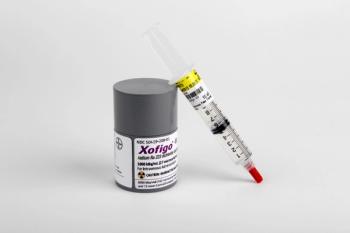
Tensions are rising in Europe’s pharmaceutical sector as crunch-time approaches for the legislation to combat counterfeits. By this time next year, the European Commission is due to have decided on the mechanisms required to put into effect the European Union’s hugely complex new rules to keep falsified medicines out of the legal supply chain. The manufacturing industry will have to carry the cost of much of the chosen system - and there is wide disagreement about what sort of system should be introduced, and who should pay for it.





